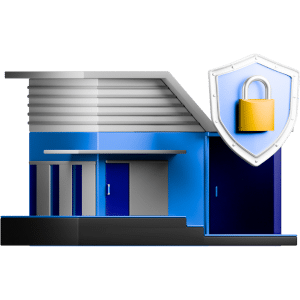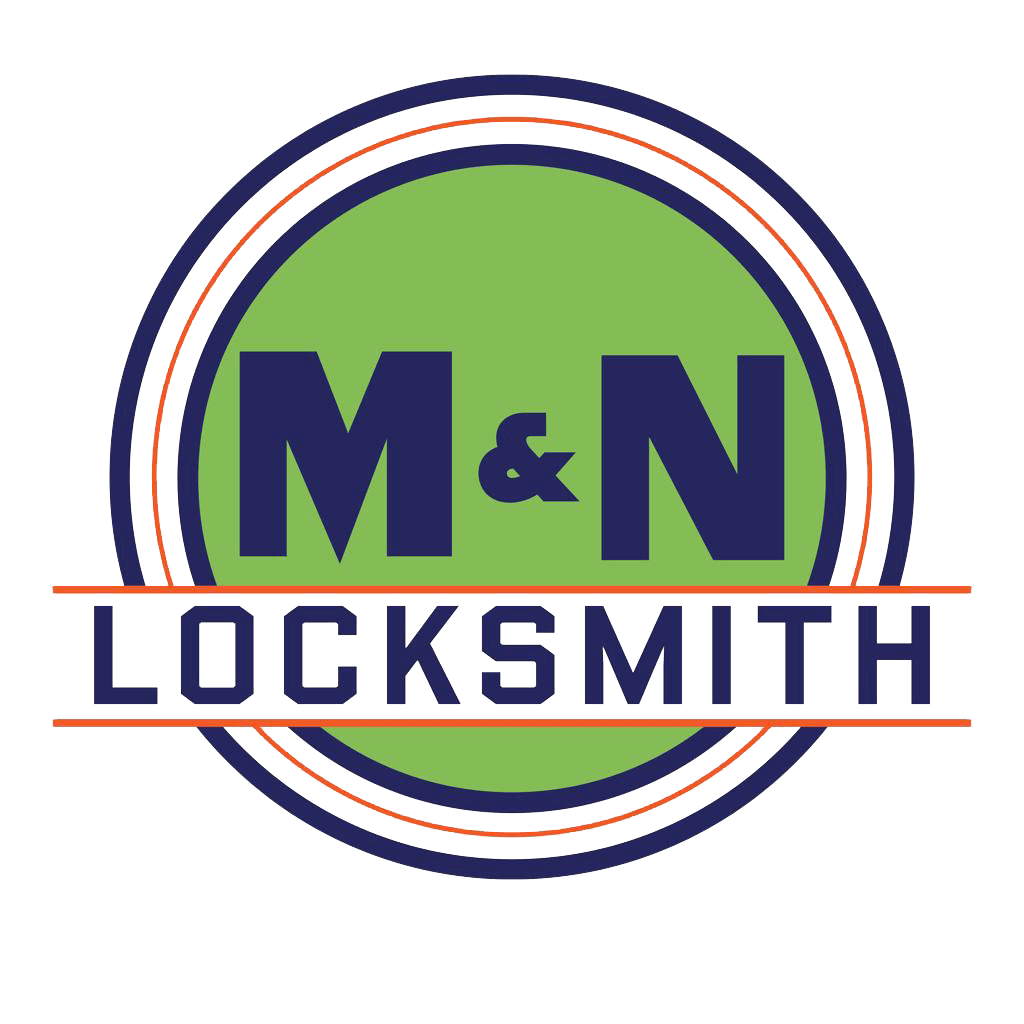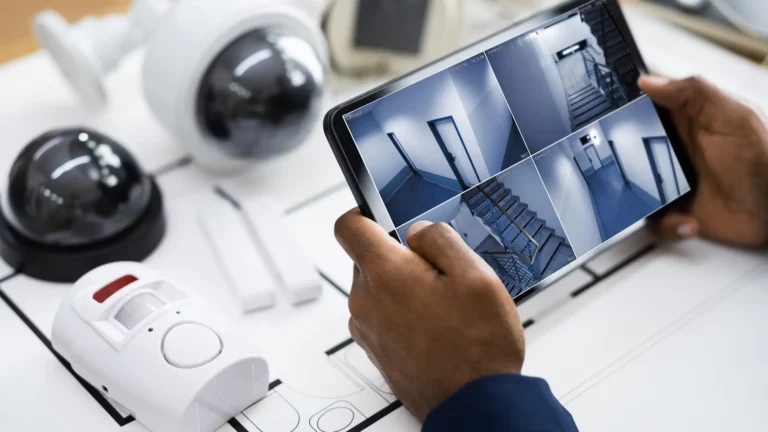Finding the Best Home Security System: A Comprehensive Guide
Securing your home is a top priority, and with the myriad of home security systems available, choosing the right one can be a daunting task. From traditional alarm systems to modern smart home solutions, the options are diverse, each offering unique features and benefits. In this blog, we will explore some top home security systems, highlighting their key features, user-friendliness, and overall value to help you make an informed decision when safeguarding your home and loved ones.
From traditional alarm systems to modern smart home solutions, the options are diverse, each offering unique features and benefits. In this blog, we will explore some top home security systems, highlighting their key features, user-friendliness, and overall value to help you make an informed decision when safeguarding your home and loved ones.
Top Home Security Systems
1. Ring Alarm 8-Piece Kit (2nd-gen)
- Price: $370 at Amazon
- Features: This kit provides four essential sensors, a base station, a keypad, a motion detector, and a range extender for Wi-Fi concerns. It offers excellent Alexa support and intuitive management through a smartphone app, making it a suitable option for DIY enthusiasts.
2. Comcast Xfinity Home
- SecureScore™: 8.7/10
- Bottom Line: Offers a low-cost security system with the latest features, although it comes with 3-year contracts.
3. Vivint Smart Home
- SecureScore™: 8.2/10
- Bottom Line: Provides whole-home, DIY security suitable for various types of homes, including apartments and condos.
4. SimpliSafe (8-piece set)
- SecureScore™: 8.0/10
- Bottom Line: Known for its impressive CUE home automation platform and affordable pricing.
5. Abode Home Security System
- SecureScore™: 7.9/10
- Bottom Line: Offers comprehensive multi-layered deterrence with robust next-generation cameras and artificial intelligence.
How M&N Locksmith Chicago Can Help
While choosing the right home security system is crucial, ensuring its proper installation and integration is equally important. As your trusted local locksmith, M&N Locksmith Chicago specializes in providing comprehensive security solutions tailored to your specific needs. Our expert technicians can assist you in selecting the ideal security system for your home and professionally install and integrate it with your existing infrastructure.
Factors to Consider When Choosing a Home Security System
-
Security Needs: Assess your specific security requirements, such as the size of your home, the presence of vulnerable entry points, and the level of protection desired.
-
Installation and Setup: Consider whether you prefer a DIY installation or professional setup, as well as the ease of installation for the chosen system.
-
Monitoring Options: Evaluate the availability of professional monitoring services, self-monitoring capabilities, and the associated costs.
-
Smart Home Integration: Determine if you require smart home compatibility, such as integration with voice assistants or other smart devices.
-
Expandability and Customization: Look for systems that offer the flexibility to add additional sensors, cameras, and other components to customize your security setup.
Conclusion: Making an Informed Decision
Selecting the best home security system involves careful consideration of your specific needs, available features, and overall value. By evaluating the key factors and exploring the recommended security systems, you can make an informed decision that aligns with your home security goals.
Remember to thoroughly research each system, read user reviews, and, if possible, consult with security professionals to ensure that the chosen system meets your unique requirements. With the right home security system in place, you can enjoy peace of mind knowing that your home and loved ones are well-protected.
FREQEUNTLY ASKED QUESTION
How can I determine the best home security system for my budget?
Consider the upfront costs, monthly monitoring fees, equipment costs, and any additional features or services offered by each security system. Compare multiple options and choose the one that provides the best value within your budget constraints.
Can I integrate my home security system with other smart devices in my home?
Many modern home security systems offer integration with smart home devices like thermostats, lights, locks, and cameras, allowing you to create a cohesive and interconnected smart home ecosystem for enhanced security and convenience.
Are there any home security systems specifically designed for renters?
Yes, some home security systems cater to renters with flexible installation options, wireless components, and no-contract monitoring plans, allowing renters to secure their homes without making permanent alterations or long-term commitments.
How do I choose between wired and wireless home security systems?
Wired systems offer reliability and stability but may require professional installation and can be challenging to modify. Wireless systems are easier to install and customize but may be susceptible to signal interference and battery issues.
What types of sensors should I consider for my home security system?
Common sensors include motion detectors, door/window sensors, glass break sensors, and environmental sensors (e.g., smoke detectors, carbon monoxide detectors). Choose sensors based on your home’s layout and potential security vulnerabilities.
Can I customize my home security system to fit my specific needs?
Yes, many home security systems offer customizable features and components, allowing you to tailor the system to your unique security requirements and budget constraints.
How important is professional monitoring for home security systems?
Professional monitoring provides 24/7 surveillance of your home and immediate response to security alerts or emergencies, offering peace of mind and ensuring swift action in critical situations.
What are the benefits of smart home security systems?
Smart home security systems offer remote access and control via smartphone apps, integration with other smart devices like doorbell cameras and smart locks, and customizable automation features for enhanced convenience and security.
Are DIY home security systems as effective as professionally installed ones?
DIY home security systems can be effective if properly installed and monitored. However, professionally installed systems may offer more comprehensive coverage and reliability, especially for larger homes or complex setups.
What factors should I consider when choosing a home security system?
Consider factors such as your home’s size, layout, and specific security needs. Evaluate features like professional monitoring, smart home integration, ease of installation, and expandability.


